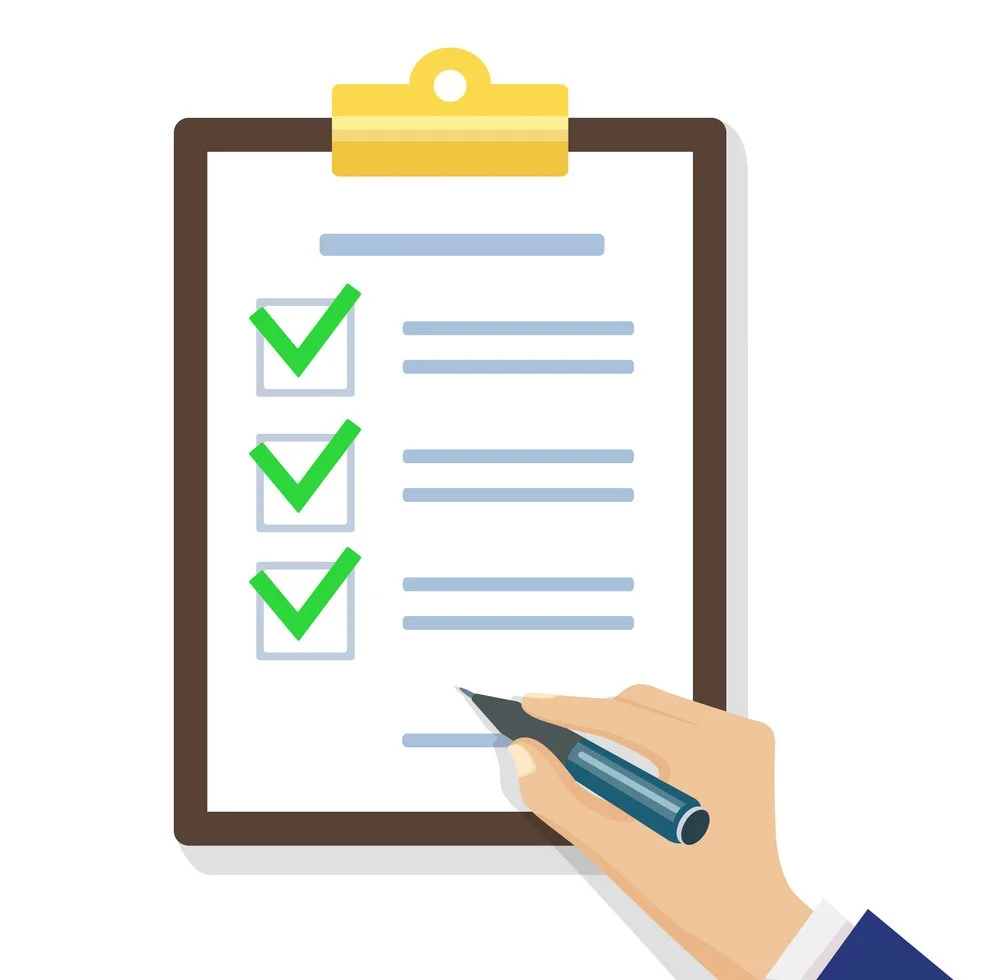
An unsecured business loan is a type of loan that does not require collateral. Unlike secured loans, where borrowers need to provide assets (such as property or equipment) as security, unsecured business loans are granted based on the borrower's creditworthiness, financial health, and the overall strength of the business.
APPLY NOWEligibility Criteria for the unsecured business loan

Fill out the loan application form provided by the lender. This application may request information about your business, financial statements, tax returns, and the purpose of the loan..
3. Get your business loan approved and disbursed in the shortest interval of time from Money Bharti.
| Bank | Rate of Interest |
|---|---|
| HDFC Bank | 10.25% |
| IndusInd bank | 10.25% |
| Standard Chartered | 10.75% |
| Axis Bank | 10.99% |
| Kotak Mahindra | 10.75% |







Secured loans require collateral (such as a house or a car) to back the loan, providing security for the lender in case the borrower defaults. Unsecured loans do not require collateral but typically have higher interest rates as they pose a higher risk to the lender..
The interest rate is the cost of borrowing money, expressed as a percentage of the loan amount. It is determined by factors such as prevailing market rates, the borrower's creditworthiness, and the loan term.
Missing a loan payment can result in late fees, penalty interest rates, and negative effects on your credit score. If you continue to miss payments, the lender may take further action, such as reporting the delinquency to credit bureaus, initiating collection efforts, or even seizing collateral (for secured loans).
In many cases, yes, you can pay off your loan early. However, some loans may have prepayment penalties or fees for early repayment. It's essential to check your loan agreement or consult with your lender to understand any potential costs associated with early repayment.
The required documentation varies depending on the type of loan and the lender. Common documents include proof of identity, proof of income (such as pay stubs or tax returns), bank statements, and information about any assets or debts. It's best to check with your lender for specific requirements.